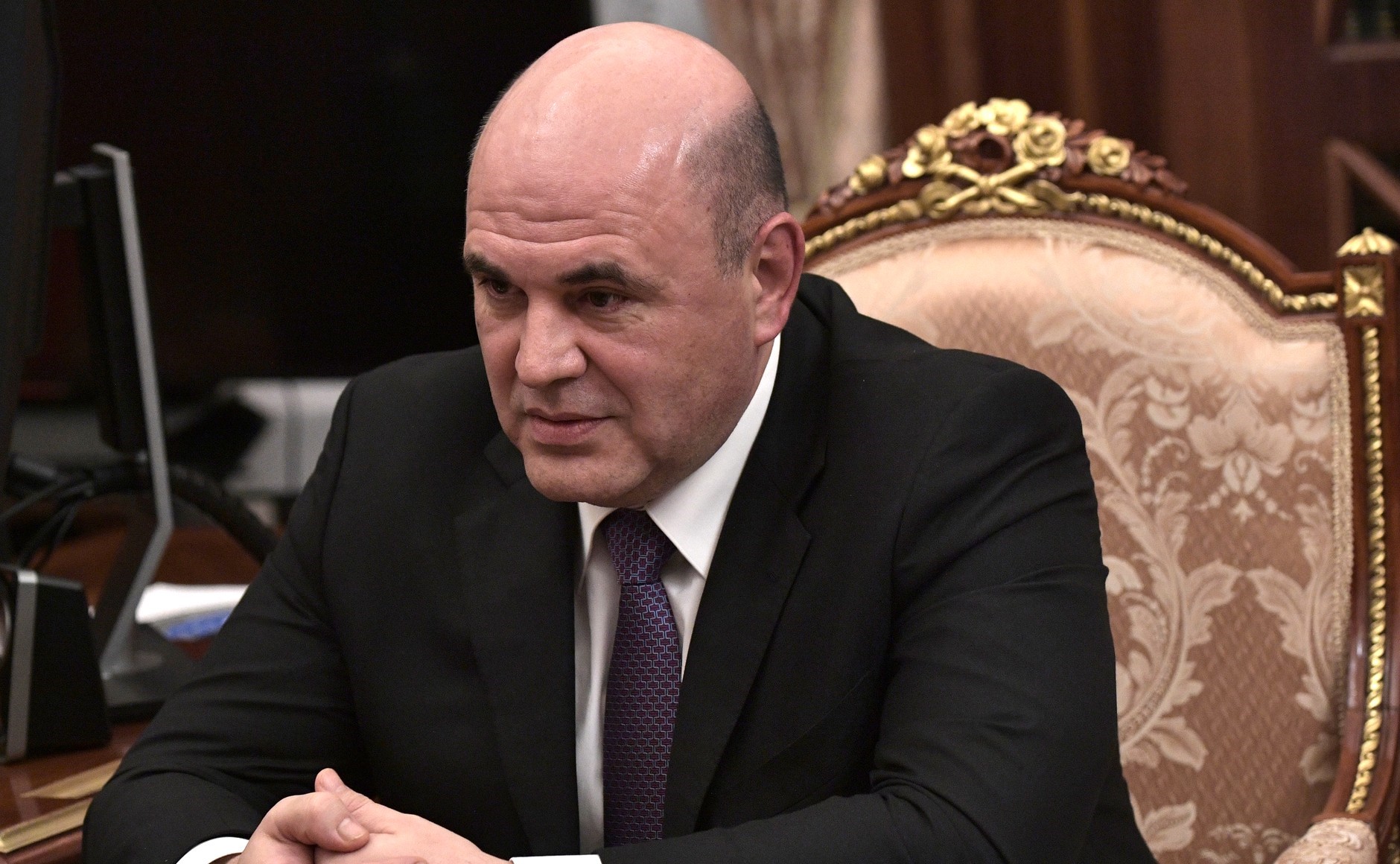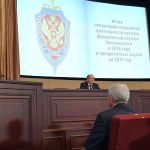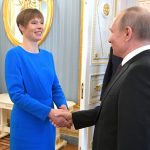RUSSIA MONITOR
Date: 19 January 2020
A New Prime Minister for Special Assignments?
The decision on who was to replace Dmitry Medvedev as Russia’s next prime minister has shown Putin’s aspiration to improve the image of the government while pushing forward his social agenda more smoothly and efficiently. Unlike his predecessor, Mikhail Mishustin offers greater guarantees to go ahead with a way more effective economic policy.

Why was he then named as Russia’s next prime minister? Many say that Mishustin is known for getting things done; during his near-decade long tenure at Russia’s Federal Tax Service (FNS), he formed a group of roughly 150,000 employees to oversee tax collections more effectively, a move that in nine years tripled the amount of money delivered to the federal budget. Before Mishustin took the job in the Federal Tax Service, Russia was believed to have lost as much as $16.2 billion a year in tax revenues. Mishustin’s agency collected $345 billion in 2018, tripling the amount it brought in when the official took over in 2010. In 2019, tax revenues were about 8 percent higher than a year before. The Federal Tax Service so far has proved particularly productive in combatting value-added tax evasion. The discrepancy between expected value-added tax receipts and actual receipts dropped to less than 1 percent from more than 10 percent in 2015.
The Kremlin needs to see such a man at the helm of the government right now. Medvedev has failed to meet economic and social programs Putin had long trumpeted. Also, his government struggled to implement the president’s “national projects,” a $400 billion spending program that seeks to boost and give a new impetus to the country’s economic growth. This has morphed into the Kremlin’s top priority, as corroborated by Putin’s address on January 15. What was initially expected was that Vladimir Putin could first and foremost mention Russia’s ongoing social challenges while admitting that the time had come for a change to make people’s lives better. Indeed, Putin opened up his speech with a list of promises. In his address, Putin vowed monthly cash handouts for low-income families for children aged up to 7 years old, free lunches for younger pupils in all Russian schools, and payments and benefits to be offered to mothers after the birth of their first and second child.
Support Us
If content prepared by Warsaw Institute team is useful for you, please support our actions. Donations from private persons are necessary for the continuation of our mission.
According to the finance ministry, this will cost the budget an additional $7.5 billion per year. In its latest demographic forecast, Rosstat, the national statistics office, said the country’s population might shrink from the present 147 million to 134 million by 2036 because of a low birth rate, high mortality and fewer immigrants that decide to settle in Russia. What Putin believes is that cash incentives are enough to encourage Russian women to give birth. The problem is that neither payments nor benefits could make up for any financial difficulties faced by Russian families. Perhaps this could be solved through a brand-new policy leveraged by the country’s newly nominated prime minister.
All texts published by the Warsaw Institute Foundation may be disseminated on the condition that their origin is credited. Images may not be used without permission.














